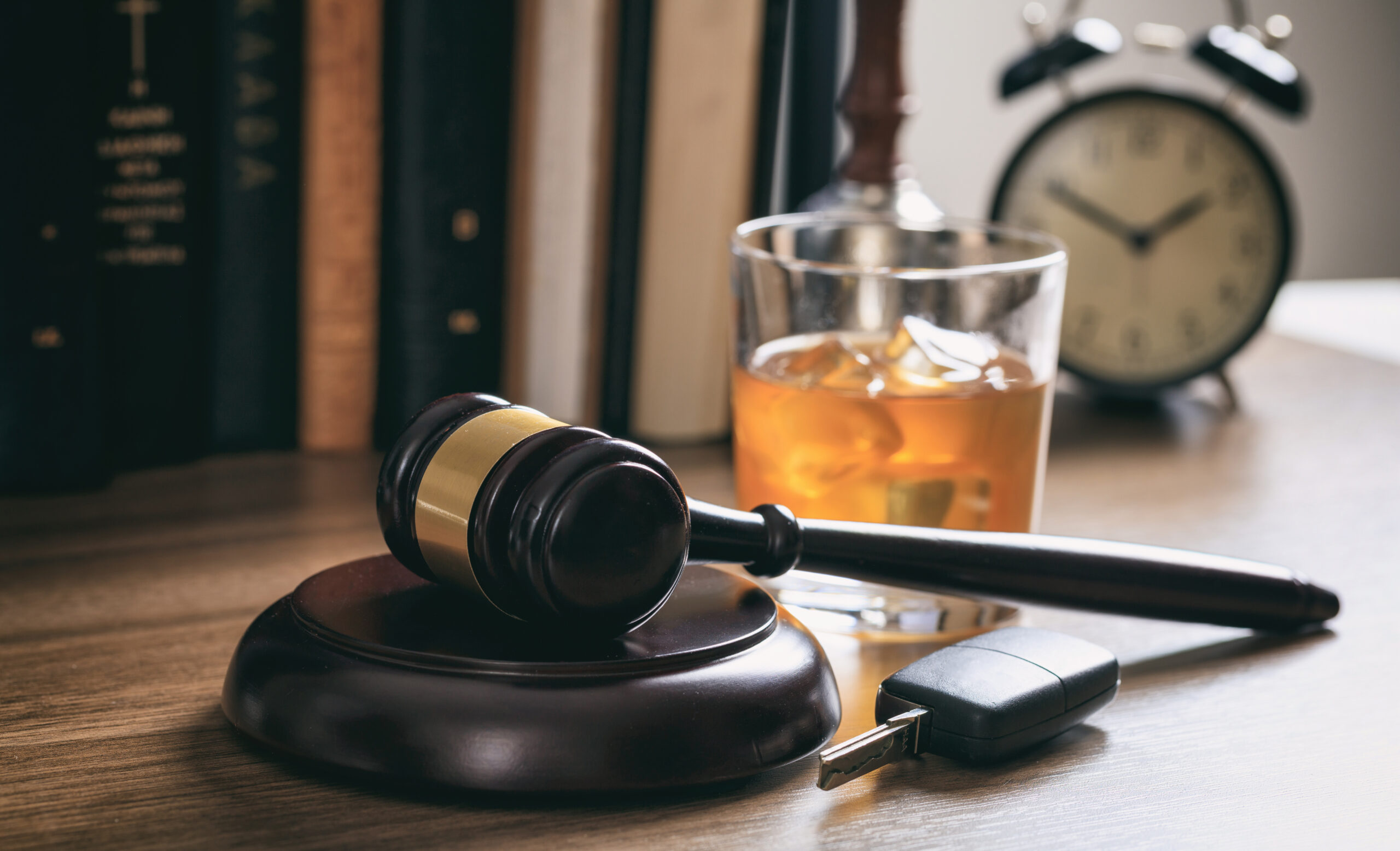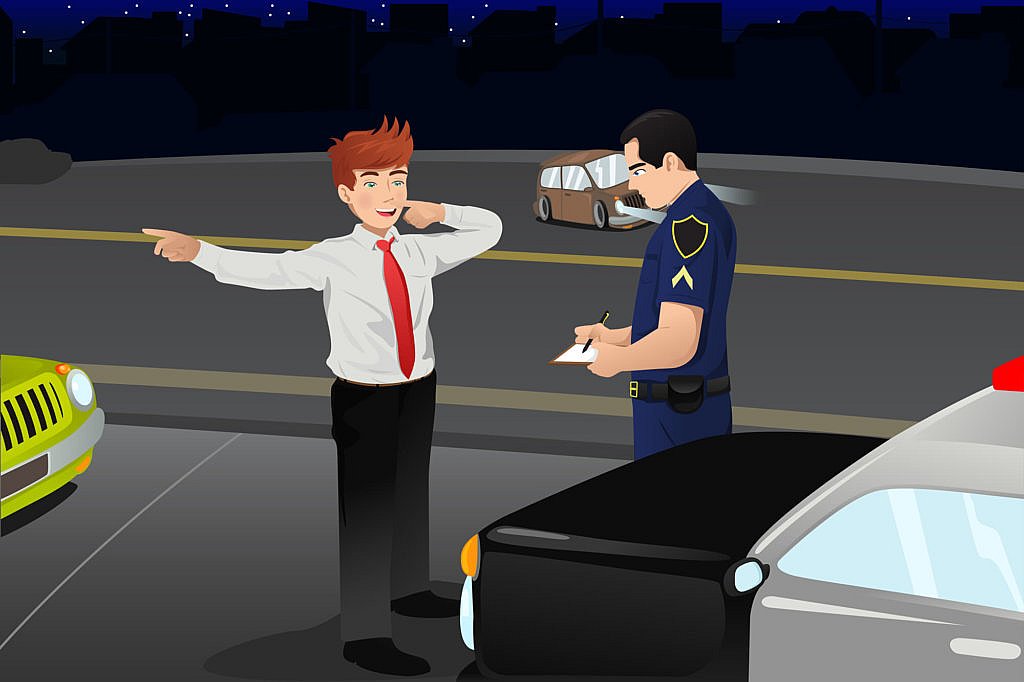If you’ve recently been hit with a DWI violation, you’re probably overwhelmed, anxious, and uncertain about what comes next. You’re not alone—many drivers are surprised to find themselves in this position, often after just one bad decision. However, understanding the steps to take if you’ve been charged with DWI violation can completely change how your case unfolds and how your future shapes up.
In this detailed guide, you’ll learn exactly what a DWI violation entails, the potential consequences, and the smartest actions you can take to protect your rights. From securing legal help to understanding the court process, we’ll cover it all—broken down in clear, real-life terms with examples that drive each point home.

What Is a DWI Violation, Really?
Let’s start with the basics: a DWI violation is far more than just a traffic citation—it’s a criminal charge that can carry serious consequences. DWI stands for Driving While Intoxicated, and while some states use DUI (Driving Under the Influence) interchangeably, others make distinctions between the two.
Typically, a DWI violation occurs when you’re caught driving with a blood alcohol concentration (BAC) above the legal limit—usually 0.08% for adults. But here’s something many people don’t realize: you can still get charged even if you’re under that threshold. If you’re visibly impaired or influenced by substances like drugs (even prescribed ones), officers can still file charges.
DWI vs. DUI: A Quick Clarification
In states where both terms exist:
- DWI often relates specifically to alcohol impairment.
- DUI may apply more broadly to impairment caused by drugs or other intoxicants.
Regardless of terminology, both offenses carry weighty legal consequences that can stay with you long after the incident.
First Things First: Stay Calm and Cooperate
When officers pull you over and charge you with a DWI violation, panic is a common reaction. But panicking usually works against you. Instead, staying calm and composed improves your chances of a better outcome.
To begin with, cooperate respectfully without incriminating yourself. For instance, you aren’t required to answer questions like, “How much have you had to drink?” and you can politely decline without being rude.
Second, avoid resisting arrest. Resisting—even verbally—can escalate your situation quickly and add charges you don’t need.
Lastly, document everything once you’re released. Write down what happened, what officers said, how the sobriety test was administered, and whether your rights were read to you. This kind of record becomes invaluable for your attorney.
Even when you believe the charge is unfair, the best time to fight it is not on the roadside—it’s later, in court, with proper legal support.

Understand the Charges Against You
Every DWI violation case presents unique circumstances, but the core consequences usually include the following:
- Criminal charges: Whether misdemeanor or felony depends on various factors like prior offenses, BAC level, or whether an accident occurred. States escalate charges if children are present in the car or if injuries resulted.
- License suspension: In most states, authorities suspend your license shortly after the arrest. This happens fast—often within days—and makes commuting or managing daily life extremely difficult.
- Hefty fines: Courts commonly impose financial penalties that range from a few hundred to several thousand dollars. These do not include added costs like towing, legal fees, or insurance hikes.
- Possible jail time: Repeat violations or aggravated cases can lead to incarceration. Even a brief jail term disrupts employment, relationships, and your overall routine.
- Mandatory education programs: Courts often order you to attend alcohol or drug treatment programs. These classes come with fees and may affect your work schedule or personal life.
Most significantly, a DWI violation typically stays on your criminal record for years, sometimes permanently. Background checks can expose it to potential employers, landlords, or government agencies, creating obstacles in your personal and professional life.
Get a DWI Lawyer—ASAP
One of the first and most crucial things you must do after a DWI violation is hire an experienced lawyer. Attempting to represent yourself or hoping for leniency without legal representation can result in harsher penalties.
Why Legal Help Matters
Hiring a competent DWI lawyer gives you a strategic advantage because they can:
- Review police conduct to identify whether officers violated your rights. If they did, improperly gathered evidence might be dismissed from court.
- Negotiate for reduced charges or lighter sentences, especially when you’re a first-time offender. Judges often consider these recommendations.
- Challenge test results, especially breathalyzer readings or field sobriety test accuracy. Faulty equipment and poor administration can skew results.
Let’s take Joe’s story as an example. Joe got stopped after attending a company holiday party. He barely exceeded the legal BAC limit and feared losing his job. He immediately hired a DWI attorney, who discovered the breathalyzer hadn’t been calibrated properly. The attorney filed a motion to suppress the test results. The case was dismissed, and Joe’s record remained clean.
This shows why early legal representation is essential. The sooner you act, the better your chances are of building a strong defense against the DWI violation charges.
Know the Administrative Process
When you’re facing a DWI violation, you aren’t only up against a criminal charge you also deal with a separate administrative process involving your driver’s license.
DMV Hearing
Most states require you to request a DMV hearing within 10 to 15 days of your arrest. This hearing determines whether your license should remain suspended before your court case concludes.
If you miss the deadline, your license gets automatically suspended—even if the court later finds you not guilty. Timing is everything here, so acting quickly could help preserve your driving privileges.
Criminal Court
In the criminal court system, your DWI violation case follows a typical legal progression:
- Arraignment: You enter a plea—guilty, not guilty, or no contest.
- Pre-trial motions: Your lawyer may attempt to get key evidence dismissed if it was unlawfully obtained.
- Trial or plea negotiation: Depending on the strength of the evidence, your attorney will advise whether to go to trial or accept a negotiated deal.
At each stage, your attorney plays a critical role in steering your case toward the most favorable outcome.
Explore Alternatives to Jail or Conviction
Fortunately, courts do offer alternatives to incarceration or conviction for certain defendants. If you’re a first-time offender and your DWI violation didn’t involve injury, your options may be broader than you think.
Possible Alternatives
- Diversion programs allow you to complete alcohol education or rehab in exchange for charge reduction.
- Deferred adjudication offers an opportunity to avoid conviction if you follow court-ordered guidelines.
- Community service sometimes serves as an alternative to fines or jail time and can show your willingness to make amends.
Judges are more likely to offer leniency to defendants who demonstrate remorse and take corrective action early. So, it’s always a good idea to show initiative before you’re ordered to.
Build a Defense Strategy
Not every DWI violation ends in conviction. A strong defense strategy often makes the difference between a penalty and an acquittal.
Common Defense Strategies
- Unlawful traffic stop: If the police lacked a valid reason to pull you over, your case could be thrown out entirely.
- Faulty test equipment: Breathalyzers sometimes malfunction, and officers might not follow proper protocol during testing.
- Medical explanations: Health conditions such as diabetes or acid reflux can produce false BAC readings, which may explain an elevated result.
To build a defense, your lawyer needs every detail. Always be honest and thorough when recounting the event.

Understand the Long-Term Impact of a DWI Violation
The impact of a DWI violation goes beyond court dates and legal fees. It can ripple through nearly every part of your life for years.
Potential Long-Term Consequences
- Employment risks rise, especially if your job involves driving, customer service, or security clearance.
- Insurance premiums will skyrocket, often doubling or tripling after a conviction.
- Professional licenses may be suspended or revoked depending on your industry.
- International travel becomes more difficult—countries like Canada often deny entry to individuals with DUI/DWI histories.
When you consider the financial and emotional cost of a conviction, hiring a lawyer becomes not just a legal step, but a long-term investment in your stability.
Take Action to Minimize Damage
The more proactive you are after a DWI violation, the better your outcome will likely be. Here’s how you can start regaining control:
- Schedule your DMV hearing as soon as possible to contest your suspension.
- Find experienced DWI attorneys in your area and set up consultations immediately.
- Collect evidence, such as receipts, video footage, or text messages, that may support your account of events.
- Enroll in counseling or education programs on your own initiative. This move signals to the court that you take the situation seriously.
Even small steps add up. Courts want to see responsibility—not excuses.

Real-Life Lessons from DWI Cases
Sarah’s Wake-Up Call
Sarah, a 29-year-old nurse, got arrested for a DWI violation after celebrating at a friend’s wedding. Although she didn’t get into an accident, she ran a stop sign and got pulled over. Her nursing license was suspended shortly after her arrest.
Eventually, she completed a state-approved rehab program and fulfilled her community service hours. The court reinstated her license, but the emotional toll stayed with her. Now, she speaks at DUI victim panels to educate others on the risks.
Carlos and the Career That Almost Wasn’t
Carlos received an international job offer—his dream opportunity. But during the visa process, his five-year-old DWI violation surfaced in the background check. The visa was denied.
Had Carlos taken steps earlier to expunge his record, the outcome might have changed. His story is a reminder that what seems like a closed chapter can still affect your future.
Closing Thoughts: Take Control After a DWI Violation
A DWI violation is serious, but it doesn’t have to define your life. The decisions you make now will shape the rest of your journey.
Key Takeaways
- A DWI violation brings legal, financial, and emotional consequences—but you can manage them with the right steps.
- Remain calm and respectful when interacting with law enforcement.
- Hire a qualified DWI lawyer as soon as possible to protect your rights.
- Take proactive steps like attending education programs and requesting a DMV hearing.
- Show initiative, take responsibility, and commit to learning from the experience.
This is your moment to act—not just react. Don’t wait. Start turning things around today.


